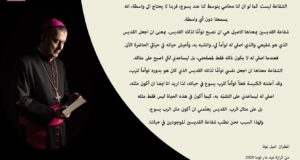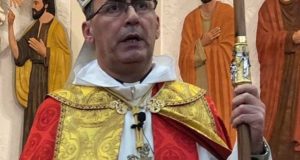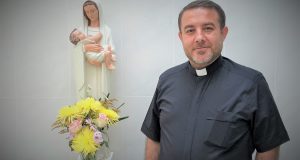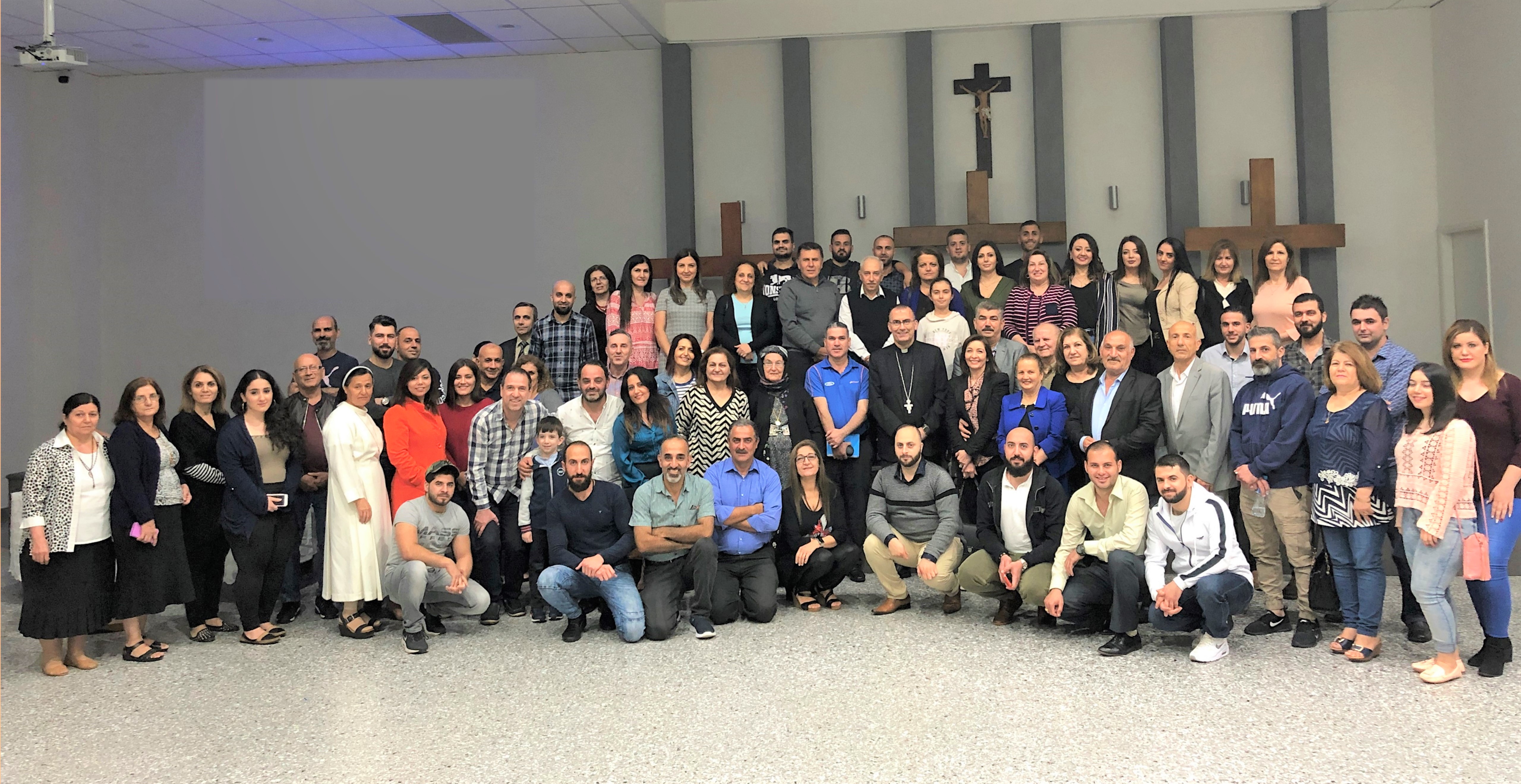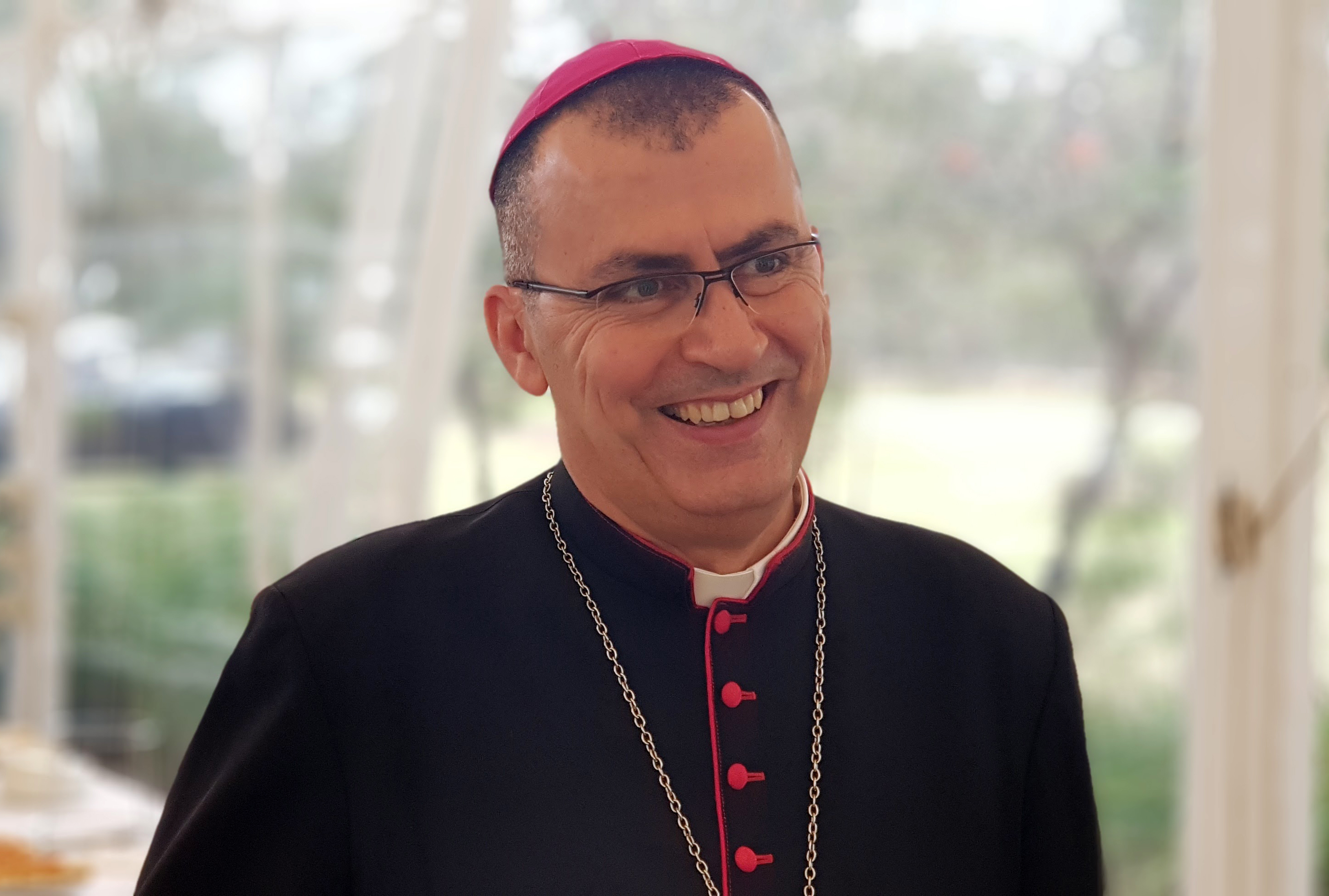
Archbishop Amel Nona
Te Deum laudamus for the liberation of the cities and villages of Christians in Iraq from the control of Islamic jihadists. It was such a Good news to receive about the land where Christians have lived for two thousand years, is liberated, creating a chance for Christians who remained in Iraq to return to their churches and properties. We are happy when we witnessed the terror of Isis defeated in Iraq and Syria, because nobody wants to live in a fear. This is human nature.
Reflecting on these facts of liberation and the joy of Christians in particular, but also of many people away from that land, I can think – as someone who lives in a Western society – Would it be possible that the Christian faith always need challenges to make the faith active and alive in people?
I mean, the situation of Christians in Iraq and Syria and their persecution because they are faithful Christians, made many people rethink of the faith and the importance of living out our faith as Christians in our modern society. The suffering of Christians in the past, in Mesopotamia in particular, has been an inspiration for many Christians, specially those who were hardly active in their faith and who also reached a convention that life can go on without the faith of Jesus Christ.
Suffering, persecution and fear were fundamental factors for a reconsideration of faith for many “Christian” societies, of whom which faith was limited exclusively of going to Sunday mass. This has created passive and inactive Christian individuals, who originally just waiting to receive and take something of faith without seeing the need of being a missionary for this creed. The fact of the existence of Isis, has shaken many Christians wondering why other Christians, who they didn’t have all the prosperity of the modern world, made the choice to leave everything they had but not leave their faith?
The decision not to abandon the faith, at the cost of losing everything else, is not an easy choice in today’s culture. But Iraqi Christians did it, which comes across as a shocking surprise in the Christian world today.
That was the reason with which so many faithfuls began to feel the need of having a different approach to their own faith in modern society. So the suffering of a Christian community has created a positive situation in other communities. This miserable situation acted as a stimulus for many faithful to rethink their faith and how important it is to live it to the full.
After the discomfiture – almost – of Isis, what will happen to the faith after short time? Are we meant to return to our normal way of living: having a faith that is passively locked within institutions and ritual presence?
Reflecting at this point, it is possible to think of another question: does active faith require strong challenges to come alive? Does our faith need tough situations for activating it within human beings? What would happen to the faith when all the main aspects of human life are – in general – good?
Surely we are facing a dilemma here and a strong opposition to the Christian faith according to many non-believers, but also to many Christians who come back to faith when there’s a need or a threat to their own life. Surely I am not able in this Te Deum to discuss all these legitimate questions, but I just want to thank God for make me able to ask this questionings.
In general we can say that there will always be difficulties in life as long as the human being exists, and life will need continuously to be “complete”. So we can`t say now that everything is perfect. From one side, the Isis has not been defeated 100%, because they are not just a militant group only, but also ISIS is an ideology that we must fight with through different ways: we can fight it with peaceful society full of human rights for all, with the aid to developing countries so that their citizens can live with full human dignity, and also with announcing the ideology of the Gospel with loud voice in all circumstances.
From the other side, we must change our concept of perfection. In general we believe that we are not perfect, but rather we believe that we are on the way to perfection that’s away from us, and that our good actions brings us closer every time to the point of perfection.
Christian reality is not like this, because from the first communion of the body of the Lord, we became perfect. The perfection – Jesus the perfect man – dwells in us. Then in the journey of our lives and through our actions we achieve this perfection in the world. Each good action of us reveals the perfection of Christ that is in us. So we are not moving towards perfection which might think it is very far from us, but rather on the way of showing the perfection that we have all in us and we take it each time we receive the Eucharist.
Respecting this Christian reality, that it is indeed a reflection of the fathers of the Church, the Christian will not feel that he is always weak or that he is building his perfection selfishly, but the Christian feels that he has a huge mission to show to the world what is the human perfection which indeed exists in his very own body, soul, spirit and all aspects of his life.
In conclusion, if the Christian person has this Christian concept of perfection, does he need the challenges to make his own faith active?
Te Deum laudamus because we are able to think and act as you taught us.
Archbishop Amel NONA
Bishop of St. Thomas the Apostle Chaldean Diocese of Australia & NZ
27/12/2017
 St Thomas The Apostle Chaldean & Assyrian Catholic Diocese of AUS & NZ Chaldean Catholic Diocese – Sydney
St Thomas The Apostle Chaldean & Assyrian Catholic Diocese of AUS & NZ Chaldean Catholic Diocese – Sydney

